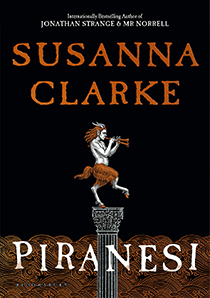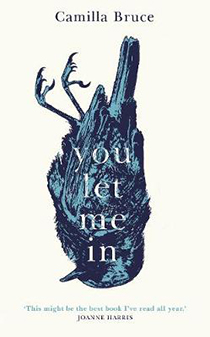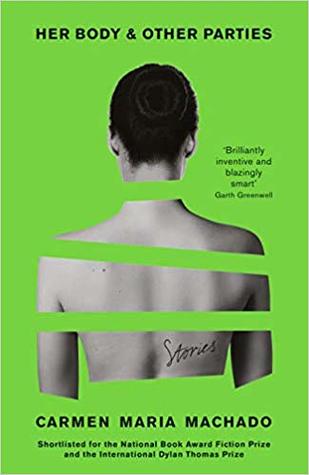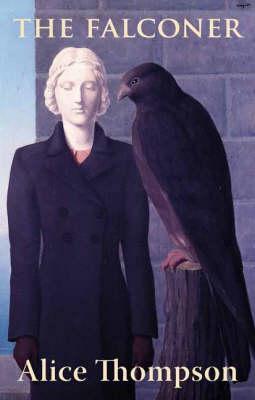
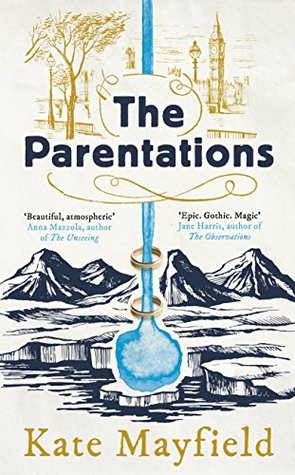
Rating – 5*
I picked this book up on an absolute whim on Audible. I had no idea what it was about, but from what little I heard in a preview and a quick check on goodreads I thought it’d be a book I enjoyed. I wasn’t wrong, I just wasn’t prepared for how much I was going to love this book. I can categorically say now this will be one of my favourite books of the year – I’ve given a lot of 5* ratings this year, but none have come as easily as this one did.
Finding words for how much I loved this book is hard, in fact I’ve been musing over them for 3 days now as I write this. This book was an experience I wasn’t expecting, I haven’t been as pulled in by a book in a long, long time – to the point I read this book in 2 sittings, something I haven’t done with a nearly 500 page book in a very long time!
The story in this book is intriguing – it bounces around between London and Iceland, starting in the 1700s and following the same characters right the way through to present day. That alone intrigued me, as it should anyone, because it follows the same characters over 250 years or so, why wouldn’t that be interesting? The story is about a young man called Rafe – who we follow from the time his mother found out she was expecting him – and why he’s just so special. We never really follow him from his own perspective, instead we follow the life of his mother Elizabet, his aunt Clovis, and his god mothers Constance and Verity Fitzgerald. We move Iceland to London, our characters living in near exile, in grand houses and in prison at different points of the book – and while it spans 250 years or so, it moves at a hell of a pace when you get through the first few chapters of character building.
The women of this book are all unique – especially Clovis who is some Dickensian level of machiavellian; she’s a character who is absolutely abhorrent and for that, while I didn’t like her, I loved her. It’s very rare in literature to come across a woman who is so conniving and, let’s face it, a complete psychopath of the Criminal Minds variety and it was a breath of (very evil) fresh air. As for Constance and Verity, I want them to be my godmothers, I adored them both, they were the complete antithesis of Clovis and I can’t explain quite how much I was rooting for them! While Elizabet is Rafe’s mother, she plays more of a background part throughout.
There are other characters who are well rounded too. All the men in this book portray very different type of man to ones I’ve seen in novels before. It sounds crazy to say this, but I genuinely don’t feel like I’ve read these characters before, in any way, shape or form. Clovis’ husband, Finn, is not all he appears to be – and definitely does not wear the trousers in his relationship, shall we say. And their household staff are interesting too – dealing with LGBTQ+ themes, and very, very low level mentions of sexual abuse. Not one character is a stereotype, they’re all so multifaceted and layered, and even after nearly 500 pages I still felt like there was more to learn about them.
While the book is very character driven, the plot is also incredible. It constantly kept turning in a way I wasn’t expecting, and before I knew it I’d read 250 pages and it was 1AM. How everything and everyone comes together, I adored. There are no other words for it. There is so much going on, and it’s so well put across, I just can’t believe it was over so quickly. It was one of those books I didn’t want to stop reading, but equally I didn’t want it to end. Finding that balance is tough!
I’d urge anyone even remotely interested in any form of historical fiction, fantasy, magical realism, or just good books containing amazing characters, to pick this up. I’m so sad it’s over, and I don’t often say this but I can’t wait to read it again.

